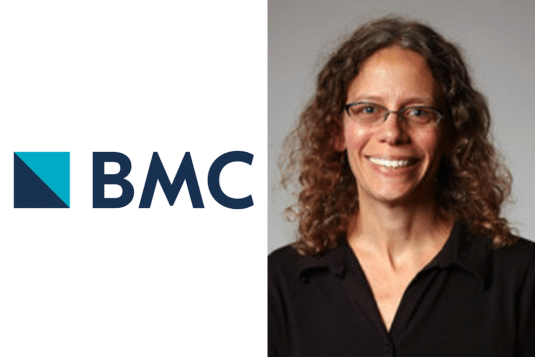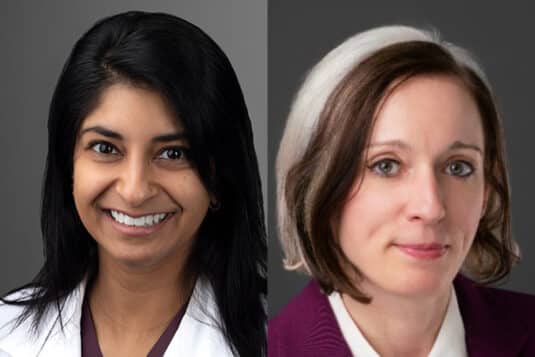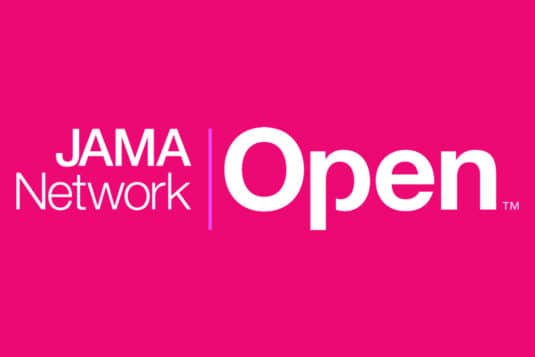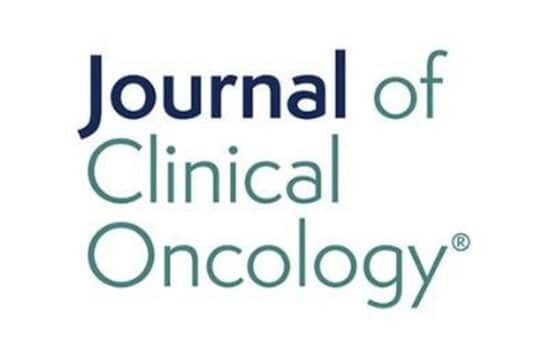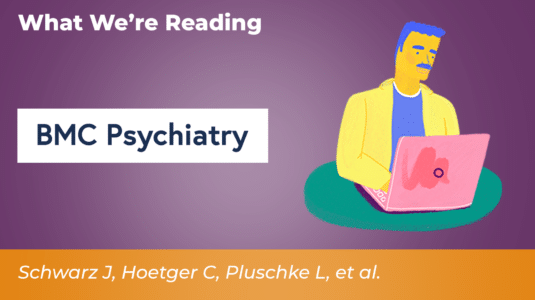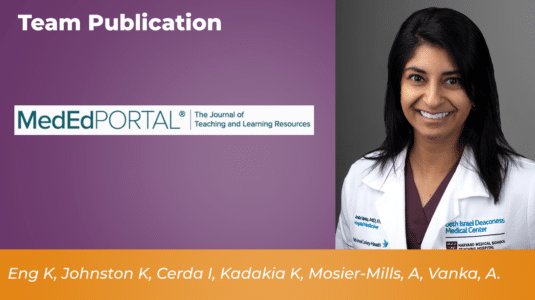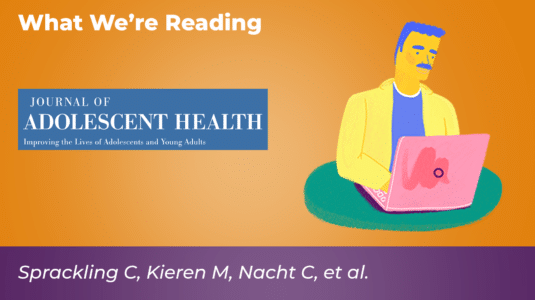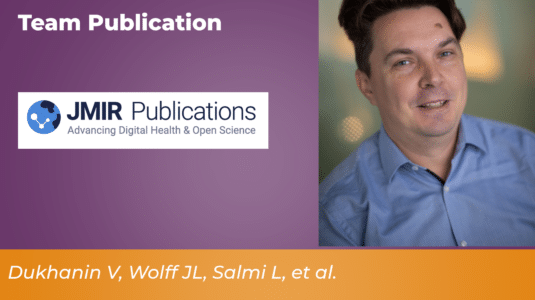https://doi.org/10.2196/72667 Background The practice of providing patients with digital access to clinical narrative documentation by health care professionals (HCPs) is known as open notes. In mental health care, this innovation has the potential to increase transparency and foster greater trust in the treatment process. While open notes may improve the quality of care and patient…
Clinician Views/Experiences
Chaplains’ Charting in the USA in the Era of “Open Notes:” Recommendations from a Quality Improvement Project
This paper addressed the particular needs of chaplains in oncology settings where relationships tend to be longer. It recommends using strengths-based language, avoiding language that suggests disbelief, shortening notes, and using documentation to extend spiritual care.
Users’ perspectives on a demonstration to increase shared access to older adults’ patient portals
As shared access uptake remains low, the Coalition for Care Partners, and three healthcare delivery organizations, co-designed an initiative promoting shared access to the patient portals of older adults.
Guidelines for Patient-Centered Documentation in the Era of Open Notes: A Qualitative Study
This study by Vanka, et al, presents 10 guidelines for patient-centered medical documentation, emphasizing respect, clarity, and inclusivity in clinical notes. These principles aim to empower patients, improve trust, and enhance medical education on open notes practices.
Clinician and patient perspectives on the exchange of sensitive social determinants of health information
The findings of this study suggest that a multifaceted approach, taking both patients’ and clinicians’ concerns and preferences into account, is needed to improve the collection, documentation, and exchange of SDOH data to benefit both direct patient care and broader efforts at improving public health.
When bad news comes through the portal: Strengthening trust and guiding patients when they receive bad results before their clinicians
In this chapter, perspectives from a patient with cancer, an oncologist, and a cancer psychiatrist (in that order) are shared to illuminate the adjustments made in clinician-patient communication amid the era of nearly instantaneous results within the electronic health record.
Psychiatrists’ perceptions of conditions and consequences associated with the implementation of open notes: Qualitative investigation
Psychiatrists practiced in Germany where open notes have not yet been established as part of the healthcare data infrastructure. Open notes were perceived to increase transparency and patient involvement but were also believed to raise issues of stigmatization and conflicts.
A patient-centered documentation skills curriculum for preclerkship medical students in an open notes era
We developed this session for first-year medical students within their foundational clinical skills course to place bias-free language at the forefront of how they learn to construct a medical note. While the longitudinal impact remains to be seen, it is clear patient-centered documentation skills should be an integral part of documentation education.
Adolescent access to clinicians’ notes: Adolescent, parent, and clinician perspectives
This study aims to identify adolescent, parent, and clinician perspectives on the anticipated benefits and concerns of giving adolescents access to clinicians’ notes and strategies to support note-sharing in this population. These strategies may reinforce the potential benefits and mitigate the challenges of sharing notes with adolescent patients.
Co-designing an initiative to increase shared access to older adults’ patient portals: Stakeholder engagement
We partnered with 3 health care organizations to co-design an initiative that aimed to increase shared access registration and use and that can be implemented using existing patient portals. Educational materials are publicly available at Coalition for Care Partners.
